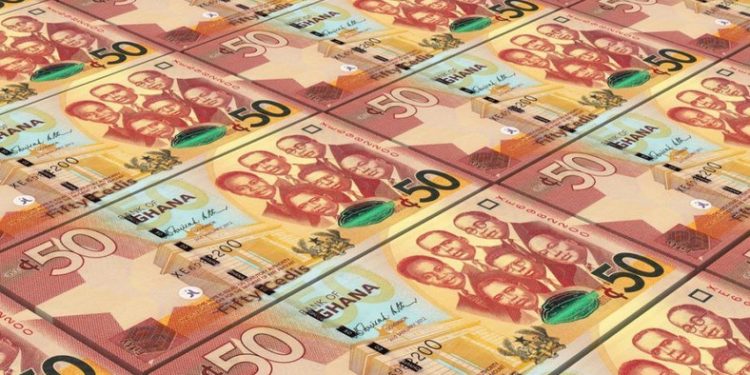With few days to end the year, the Ghana cedi’s performance has been described as mixed in 2021, by analysts and currency traders.
This is because the local currency has depreciated by about 9% to the dollar on the retail market, though it has lost about 3% in value on the interbank market.
Comparatively to that of last year, the performance of the cedi has been slightly worse, beating analysts and research institutions forecast, marginally.
It is coming despite increased dollar inflows from the Bank of Ghana as well as remittances from abroad in the last few weeks to end the year.
Senior Currency Analyst at Databank Research, Courage Martey, told Joy Business that the trend in 2021 points to the fact that the local currency performance this year has been mixed.
“The cedi’s performance in 2021 can be said to be that of a mixed performance; if you look at the trend in 2021 and if you compare the full year performance in 2021 and full year performance in 2020.”
“Now in 2020, the average depreciation across the interbank and retail market was about 3%. This year we’ve had a bit of divergence in this performance levels, so that on the interbank market average performance currently is around 3%, but on the retail market it depreciated significantly and we are doing currently 9% year-to-date”, he pointed out.
According to Mr. Martey, the volatility of the currency this year makes it difficult to predict the outlook of the local currency.
“So that divergent, that spread emphasizes the volatility or the pressure that the currency endured in the second half of this year and mostly the 4th quarter of this year. And that made it very difficult for us to see clearly what the outlook is for the cedi.”
Cedi presently selling at ¢5.97 on interbank market and ¢6.37 on retail market
The cedi is presently selling at ¢5.97 to the dollar on the interbank market but going for ¢6.37 on the retail market.
In November, 2021, the Ghana cedi was classified among African currencies with the ‘Worst Spot Returns, according to Bloomberg.
It was actually the best performing currency in Africa in the first quarter of 2021.
A combination of factors including increased corporate demand for the US dollar and the exit of the country’s bond by some foreign investors however put pressure on the local currency.




